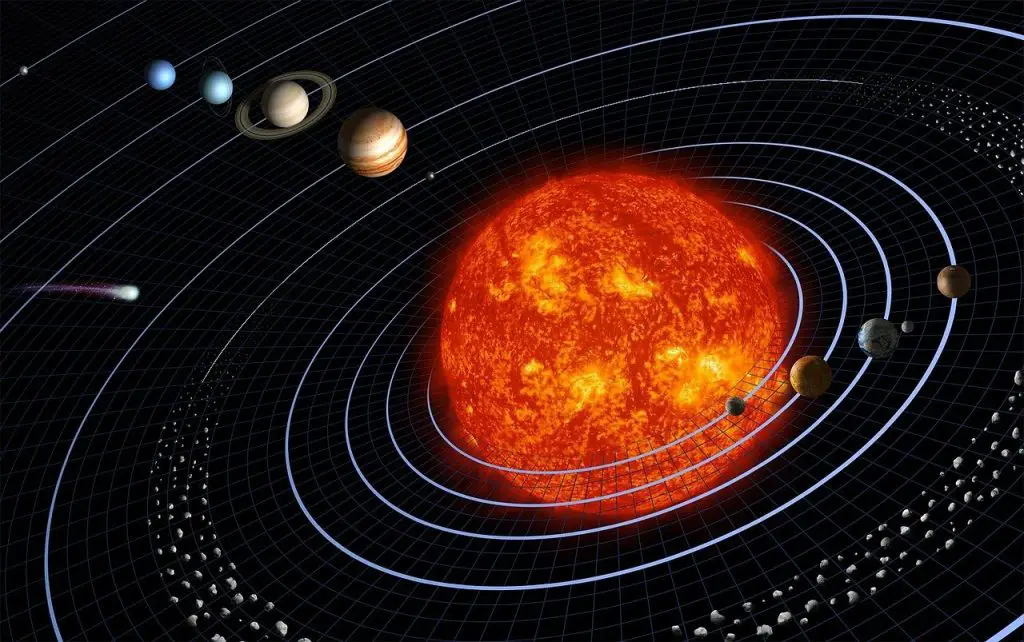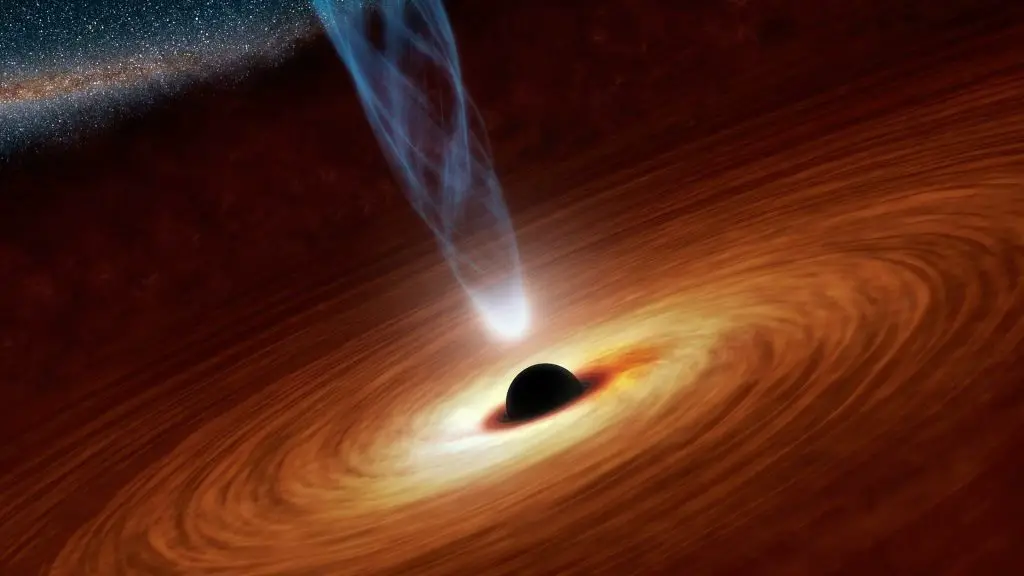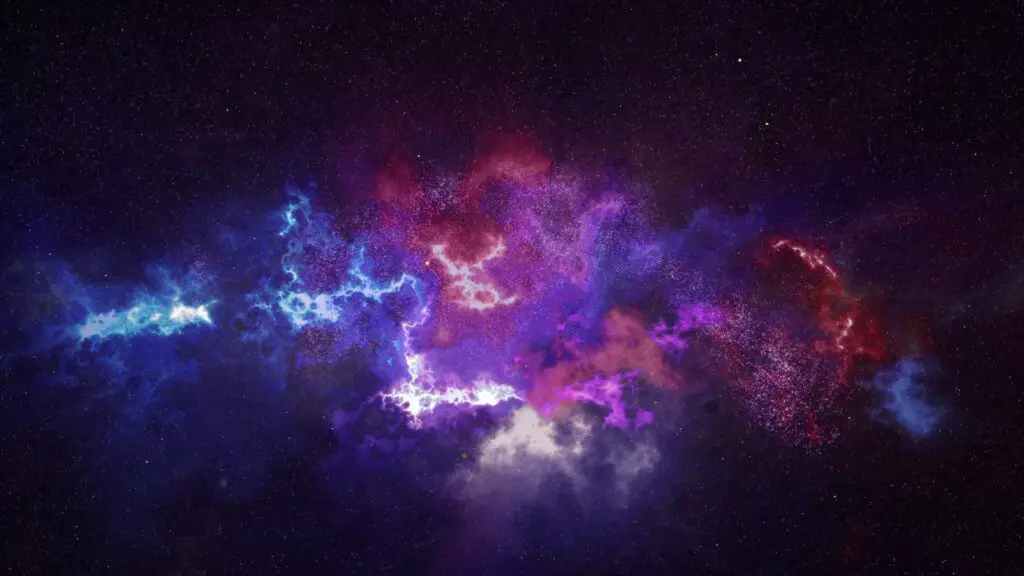Scientists are fascinated with the conditions of the early universe and they conduct studies to understand the concept of time. Getting time dilation explained is one of the most challenging concepts especially when it comes to exploring the infant Universe. However, two scientists conducted a new study that best explained the effect of time dilation on the variability of quasars.
Geraint Lewis, a cosmologist at the University of Sydney, and Brendon Brewer of the University of Auckland participated in a new study revealing how time has been passing more slowly in quasars during the early Universe. The scientists confirmed the effect of time dilation in the variability of quasars before describing it in the new paper.
Time Dilation Explained: How the Scientists Conducted the new study
The team that conducted the study got time dilation explained by deploying Albert Einstein’s theory of general relativity in combination with the expansion of space.
“At its heart, this is another ‘Einstein is right again’ story,” Geraint Lewis told Space.com.
Scientists understand that quasars are energized by an accreting supermassive black hole residing at the center of an active galaxy. Since the accretion disk surrounding the black hole is quite small, fluctuations coming from the quasar-emitted light can occur within days. Hence, these fluctuations are much easier to monitor because of how fast it takes the quasars to surface.
The light and its fluctuations were generated from the 12 billion-year-old quasars. This made researchers agree that the Universe has expanded to a great distance over time. Hence, astronomers watching the quasars today are seeing them as they were over 12 billion years ago. Lewis strongly believed that this discovery is about to improve our astronomical knowledge about the early cosmos.
“We expected quasars to also exhibit this behavior, but previous searches had failed to find it,” said Lewis.
Lewis and Brewer relied on a new sample of 190 high-redshift quasars studied for more than 20 years by the Sloan Digital Sky Survey (SDSS), Pan-STARRS, and the Dark Energy Survey as tools to spot time dilation in the variability of quasar light. The researchers spend an extended period during the study which also include telescopic sensitivity of the quasar fluctuations to discover the new time dilation effect.
After studying the slow rate of occurrence of these fluctuations, the scientists concluded that time in these quasars seems to be running five times slower than it moves now on our present Earth.
What the scientists concluded from the new study that got time dilation explained
A scientific discovery like this one often inspires scientists to think differently about the early Universe. The researchers reveal that time did not run extremely slow in those quasars relative to every particle surrounding them. This is because time runs normally within their frame of reference.
These frames can be identified based on their velocity relative to one another. Lewis revealed that the motion of distant galaxies exists because of the expansion of the Universe. The researchers are confident with this statement as the more distant a galaxy is from us the more space expands between us and this galactic entity. Hence, the galaxy will be moving faster away from us.
“Some of these quasars were moving faster than the speed of light, relative to us, when the photons were emitted,” said Lewis.
The latest discovery is evidence that our observable universe is expanding because of the Big Bang. Assuming that the Universe is not expanding, the quasars would not seem to be moving at relative speed to us. Lewis concluded on the study by describing it as “putting to bed some of the more extreme ideas that had been proposed, including that cosmologists have it all wrong, due to the previous failure to see quasar time dilation.”
The fascinating study was published on June 30 in Nature Astronomy.
Conclusion
Scientists conducted a study that recently revealed that time may be moving five times more slowly in the early Universe. The fascinating outcome of this study got time dilation explained and also improve our knowledge about our baby Universe. What do you think about this discovery?




